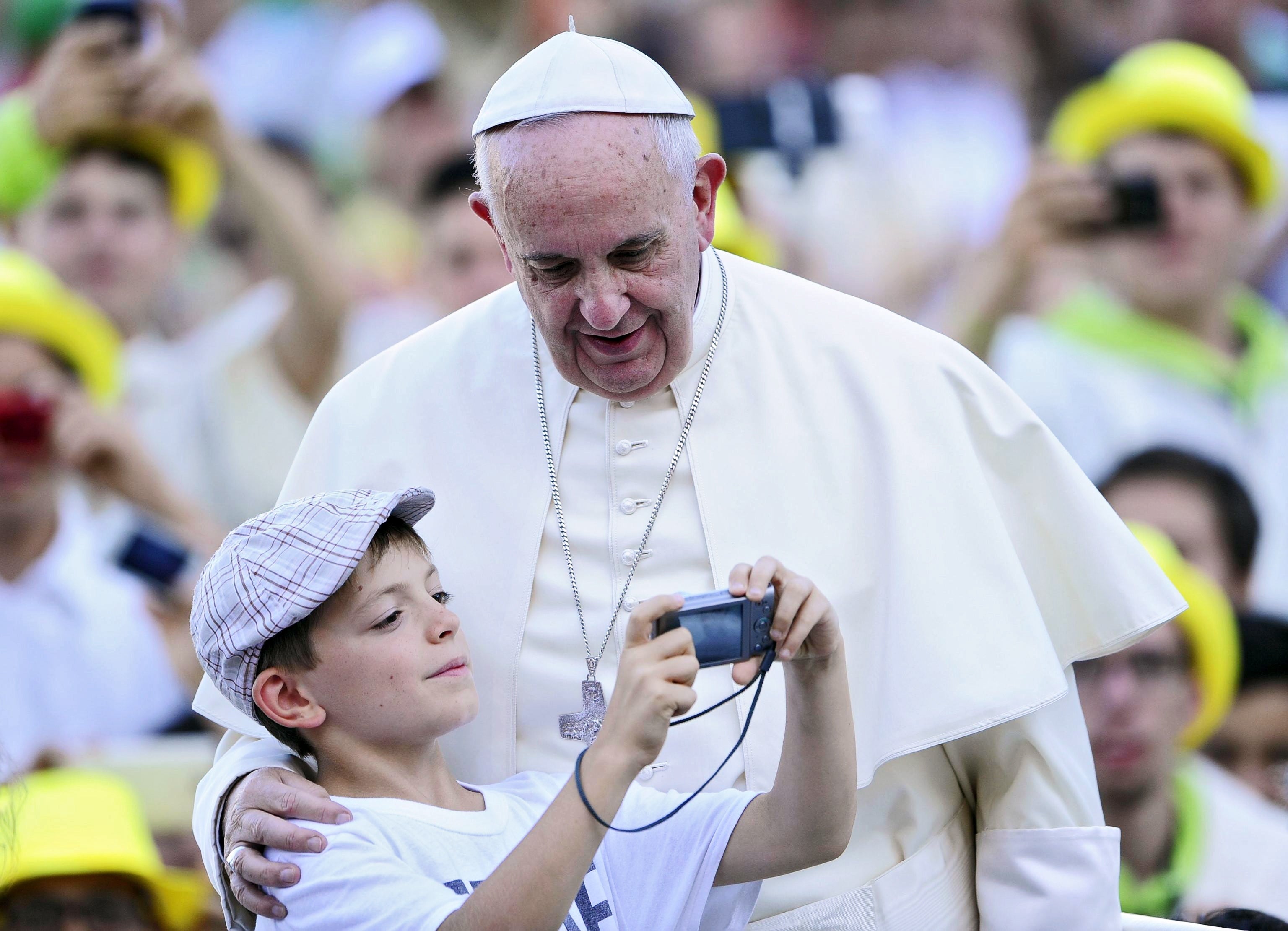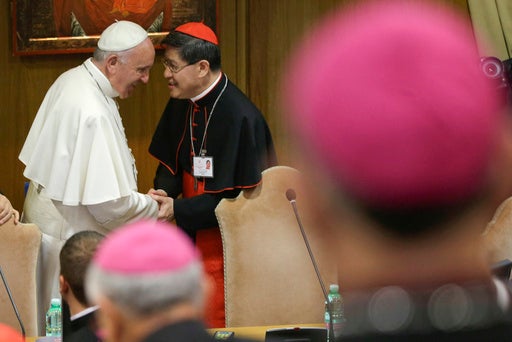Pope Francis, the first Latin American pontiff and a transformative figure in the Catholic Church, passed away on Easter Monday at the age of 88.
His death, announced by Cardinal Kevin Farrell, occurred at his residence in the Vatican's Casa Santa Marta at 7.35am local time (5.35am GMT).
Francis, whose last appearance was just a day ago when he arrived at St Peter’s Square to wish "Happy Easter" to thousands of worshippers, was recently discharged from the hospital after five weeks of treatment for an infection.

World leaders around the world have mourned the news of his passing, which now sets in motion the centuries-old process of electing a new Pope.
Francis, who served as the Pope for over a decade, was a transformative figure in the Catholic Church, known as much for his progressive reforms as for the controversies they stirred within its ranks.
Elected in 2013 as the first pope from Latin America and the first Jesuit to hold the role, Francis set about reshaping the tone and direction of the Church, often rankling the traditionalist establishment in the process.
LGBT+ Inclusion
Among the most contentious issues during his tenure was his outreach to the LGBTQ+ community. In 2013, just months into his papacy, he famously responded to a question about gay priests by saying, “Who am I to judge?”
The remark made headlines around the world and signalled a shift in the Church’s tone, even if it did not alter core doctrine.
More recently, he approved a landmark policy allowing priests to bless same-sex couples, a move that angered many conservative bishops.
His stance received pushback from some Catholic bishops in Africa, Poland and elsewhere who said they will not implement the new Vatican policy, while others downplayed it.
The reactions showed how polarising the issue remains and how Francis's decade-long effort to make the church a more welcoming place for the LGBT+ community was still able to spark resistance among traditionalist and conservative Catholic leaders.
Climate Advocacy
Francis was also outspoken about the climate crisis, dedicating his Laudato Si’, published in 2015, to the issue, in which he urged action to care for God’s creation in the face of climate change and environmental degradation.
In 2017, he urged political leaders to “support the consensus of the world” that climate change and other environmental ills have created an ecological crisis that is harming the world's poorest the most.
Francis and Ecumenical Patriarch Bartholomew of Constantinople, the top figure in Eastern Orthodox Christianity, called for urgent action to “heal our wounded creation”.

In 2020, he said the Covid-19 pandemic has shown how the Earth can recover “if we allow it to rest” and must spur people to adopt simpler lifestyles to help a planet “groaning” under the constant demand for economic growth.
His activism on the climate crisis won praise from environmentalists and world leaders, but drew criticism from Church figures who believed he was venturing too far into secular politics.
Divorced and Remarried Catholics
His approach to divorced and remarried Catholics, who had long been barred from receiving communion, also proved divisive. In the 2016 document Amoris Laetitia, he encouraged a more compassionate and case-by-case approach to such individuals.
Francis sent a letter to bishops in Argentina on 5 September 2016 in which he praised a document they had written that said priests could – in some cases – offer the “help of sacraments” to Catholics living in “irregular family situations” as part of a broader effort to support and integrate divorced and remarried Catholics into the life of the church.
“There are no other interpretations,” Francis wrote.
His endorsement was seen as a remarkable move but prompted a backlash from traditionalists who accused him of diluting doctrine.

Symbolic gestures and modesty
Even Francis’s more symbolic gestures – like choosing to live in a modest Vatican guesthouse instead of the Apostolic Palace, or washing the feet of prisoners and migrants on Holy Thursday – were sometimes seen by critics as performative or unsettling to tradition.
Handling of sexual abuse
Perhaps the most persistent controversy of his papacy was his handling of the Church’s long-standing sexual abuse crisis. While Francis took steps to hold bishops accountable and created new commissions to investigate abuse, many survivors and advocates said the response remained inadequate. In 2018, his initial defence of a Chilean bishop accused of covering up abuse caused international uproar; he later apologised and admitted he had made serious errors in judgment.
Despite the backlash, Francis remained committed to his vision of a more inclusive, humble and globally engaged Church. His critics within the Vatican often accused him of sowing confusion, while supporters argued he was bringing the Church closer to the realities of modern life.
JD Vance pays tribute to Pope Francis and recalls meeting hours before death
Trump pays tribute to Pope Francis despite pontiff’s criticism of policies
NI leaders pay tribute to Pope Francis as ‘strong, determined leader’
Which cardinals are seen as contenders to be the next pope?
Who could be the next Pope? The cardinals who might succeed Francis







